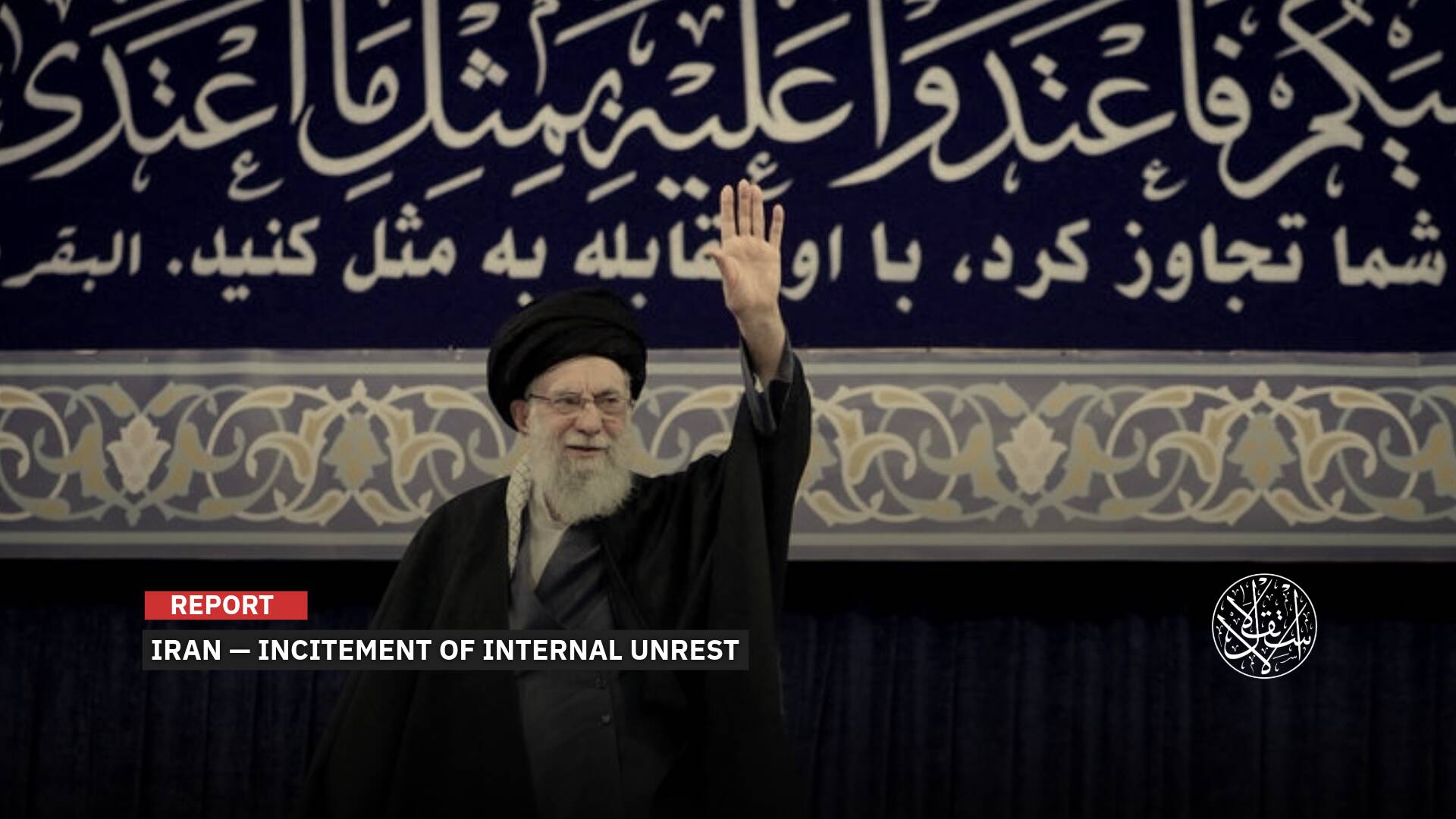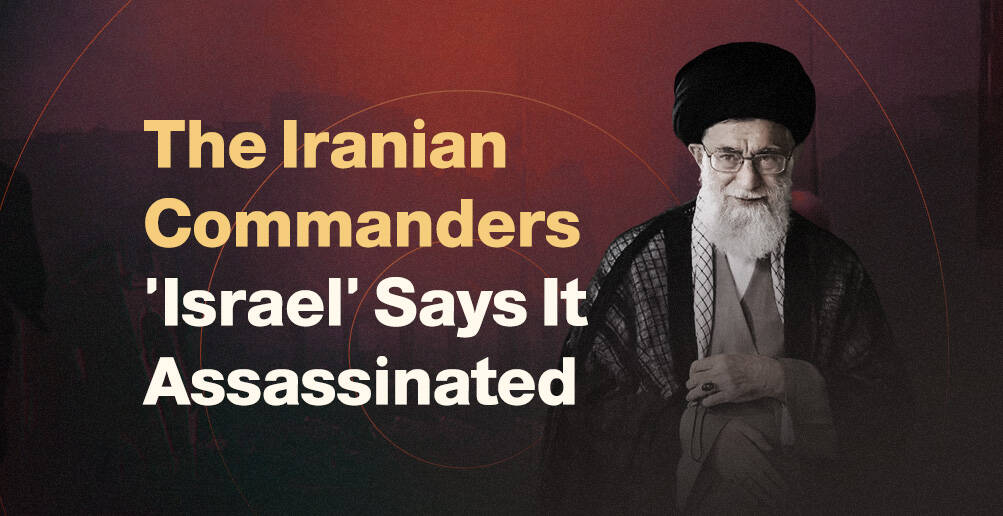Why France Opened an Investigation Into Former Lebanese Prime Minister Najib Mikati
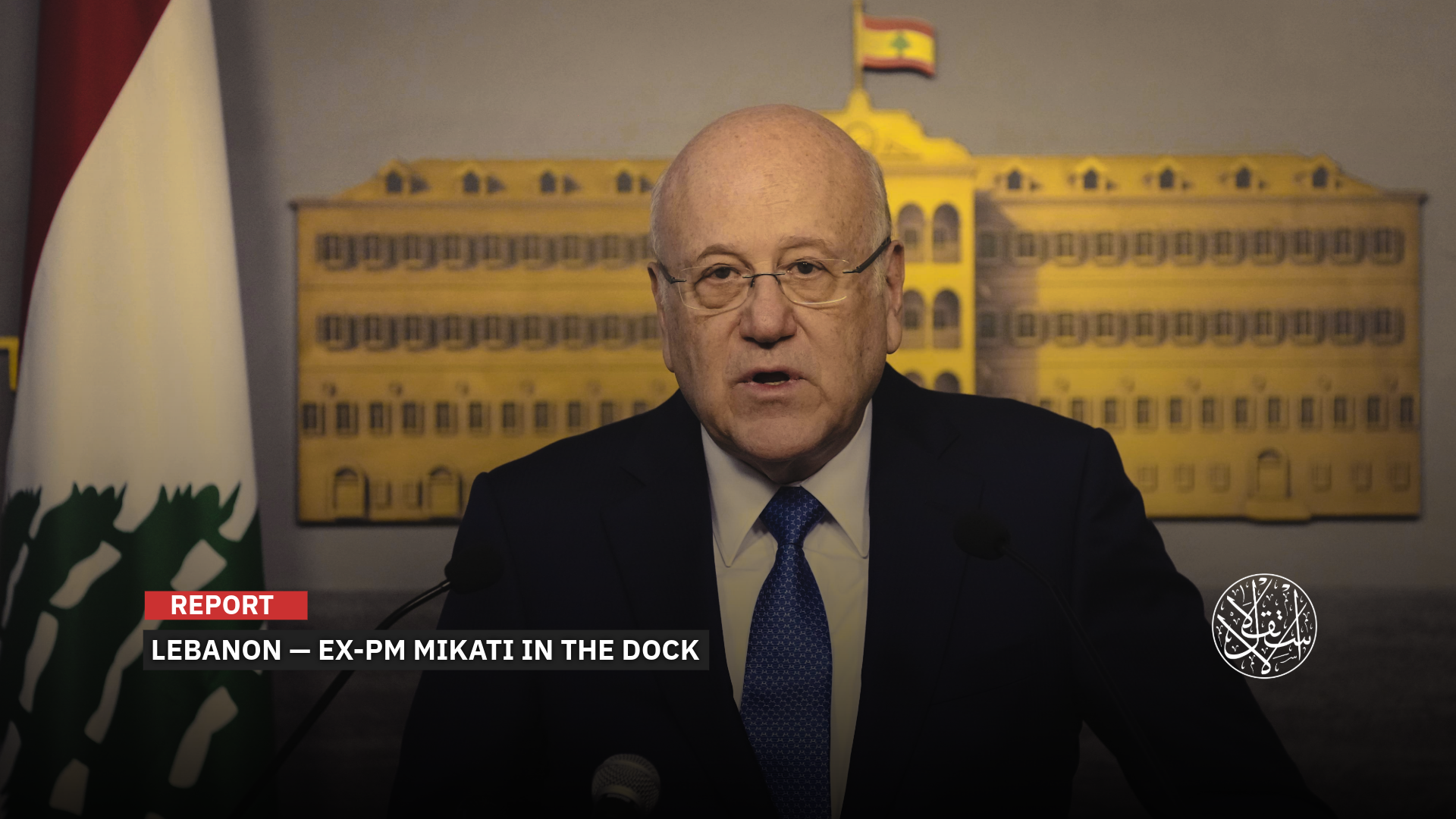
“Najib Mikati’s wealth amounts to $3.2 billion.”
Less than six months after stepping down as Lebanon’s prime minister, Najib Mikati is facing an international investigation over allegations of financial corruption and illicit enrichment.
In what appeared to be a swift move, French authorities launched a probe into Mikati on September 14, 2025, amid suspicions that he acquired assets through unlawful means.
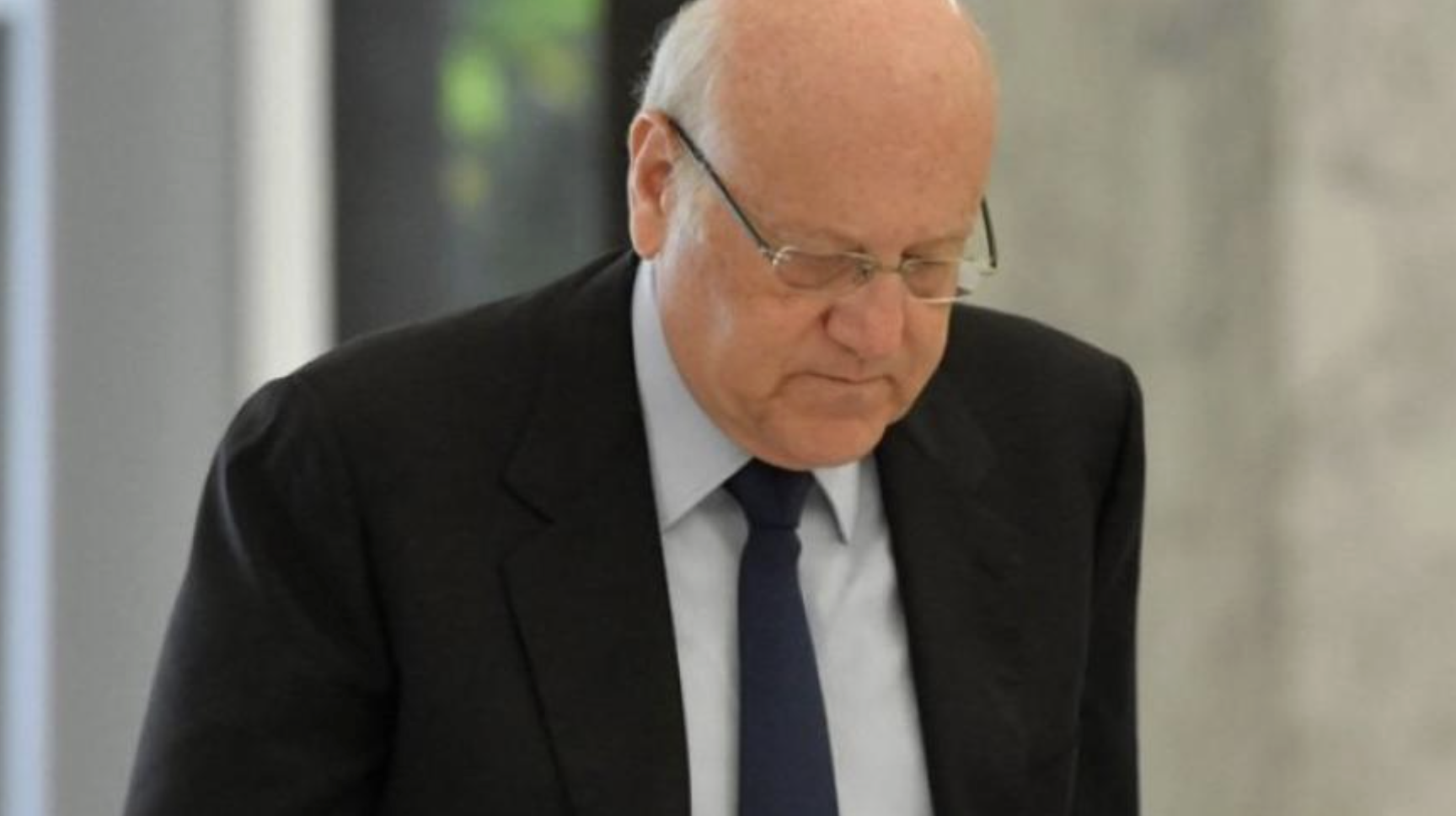
Mikati in the Dock
France’s National Financial Prosecutor’s Office (PNF) confirmed it has opened an investigation into former Lebanese Prime Minister Najib Mikati following a lawsuit filed in April 2024 by the Collective of Victims of Fraudulent and Criminal Practices in Lebanon and the NGO Sherpa, which combats financial crime, according to lawyer William Bourdon.
For nearly two decades, Sherpa has filed complaints in France against foreign officials suspected of amassing vast fortunes through corruption or embezzlement, sometimes laundering them in Europe.
In 2021, the two organizations began focusing on Lebanon, targeting cases of illicit enrichment, including a complaint against former Central Bank governor Riad Salameh.
By 2024, Mikati, 69, and associates, including his brother Taha, came under scrutiny for allegedly owning diverse assets in France and abroad through multiple entities, including offshore companies. Authorities suspect the wealth was amassed illegally, particularly through tax fraud, while Lebanon was mired in political and financial chaos.
The initial complaint centers on Mikati, who served multiple terms as prime minister until early 2025. He is accused of money laundering, concealing stolen assets, or colluding to hide them, all allegedly as part of an organized network. New evidence added in April 2025 prompted the PNF to refer the case to court.
The case also involves the Mikati family’s ties to Bank Audi France, which serves Middle Eastern clients and in which the former prime minister has a stake, as well as a 1994 contract to provide telecommunications services in Lebanon and Syria, which prosecutors claim deprived the state of significant revenue.
According to the complaint, Mikati built his fortune in the telecom sector alongside his brother, owning multiple yachts, private jets, and properties in the French Riviera, Monaco, and prestigious Paris neighborhoods. The family is also said to have invested in fashion brands like Faconnable.
Prosecutors allege suspicious transactions between Mikati family accounts and companies and those linked to former Central Bank governor Salameh. Notably, assets include French real estate, a $100 million yacht belonging to Najib, a $125 million yacht belonging to Taha, and two private jets.
In response, Mikati and his family issued a statement asserting that their wealth is “clear, legal, and transparent,” expressing full confidence in the independence and seriousness of the French judiciary and reaffirming their presumption of innocence. The statement added that their fortune results from decades of work and international investments in various sectors, undertaken before holding any public office in Lebanon.
Najib Mikati’s wealth is estimated at $3.2 billion, matched by his brother Taha, according to Forbes’ 2022 annual list of the world’s billionaires.
Mikati left office after President Michel Aoun tasked then-International Court of Justice judge Nawaf Salam, 71, with forming a new government on January 13, 2025.
Opening the “black corruption files” against Najib Mikati in Lebanon is nothing new, as they are linked to his political career, which he entered through the business sector, beginning with his tenure as Minister of Public Works and Transport in three consecutive governments between 1998 and 2004.
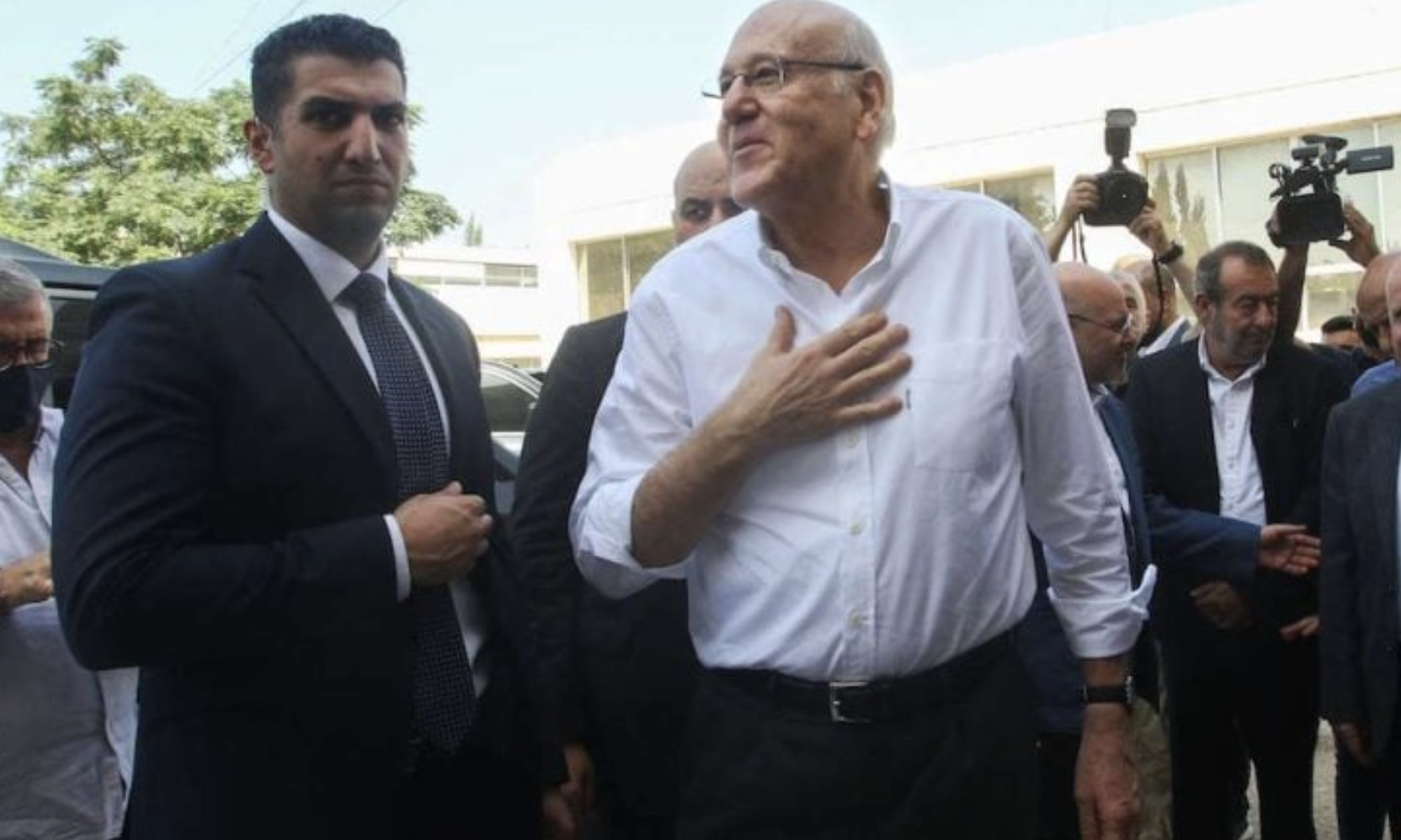
Strong Evidence
In an interview with the French daily L’Orient-Le Jour published on September 13, 2025, lawyer William Bourdon, founder of the NGO Sherpa, revealed that additional information had been gathered, which he said could amount to crimes warranting prosecution against former Lebanese Prime Minister Najib Mikati in France.
Bourdon stressed that these elements were ultimately deemed sufficient to cross the threshold of mere assumptions and justify opening an investigation into extremely serious offenses, particularly in the field of money laundering.
According to the newspaper, one of the cases underpinning suspicions of illicit enrichment is the Mikati brothers’ 2010 acquisition of Bank Audi’s capital.
The billionaire brothers reportedly benefited from $300 million in loans granted by the very same bank to finance the purchase of about 11 percent of its capital—a stake later increased to 14 percent.
Yet, commercial law prohibits acquiring more than 5 percent of a company’s capital through loans issued or guaranteed by the company itself.
Legal experts note that a directive from Lebanon’s Central Bank also bans banks from issuing loans to buy their own shares.
Despite this, reports indicate that then-Central Bank governor Riad Salameh oversaw the deal personally, ensuring that the Mikatis’ holdings were treated separately rather than consolidated, a move that may have allowed them to skirt regulatory caps and thresholds.
Evidence surrounding the accumulation of the Mikati family’s wealth, critics argue, points to abuse of political office.
Prosecutors believe French justice should examine whether improper privileges were granted and whether positions of power were exploited, especially given Mikati’s long ministerial career and political influence.
Lebanese journalist Wadih Akl said in a video posted on X that “the French judiciary’s decision to open a probe into heavy charges against Najib Mikati confirms there was a fraudulent engineering of funds with Riad Salameh’s assistance.”
He linked the timing of the case to Mikati’s absence from political office, adding, “Years ago, when his financial corruption was first exposed, Mikati pressured Lebanon’s judiciary to halt investigations led by Judge Ghada Aoun, who was pursuing him on charges of illicit enrichment.”
“Mikati was aided by Lebanese judges in burying the truth—including the case of subsidized housing loans, which ended when Beirut’s Investigative Judge Charbel Abou Samra dropped the charges.”
Wadih Akl noted that “while in power, Mikati used his political influence to block investigations against him, even pressuring some ministers.”
“Najib Mikati has become like Riad Salameh; so, the opening of the French judicial investigation against him confirms the legitimacy of the cases filed against him in Lebanon.”
In September 2024, the Lebanese judiciary issued an arrest warrant for former Central Bank Governor Riad Salameh following his interrogation on charges of financial corruption.
However, on August 26, 2025, the judiciary approved Salameh’s release on a $20 million bail and imposed a one-year travel ban as part of ongoing legal proceedings against him.
Mikati has long faced allegations in Lebanon related to “corruption and illicit enrichment.”
Numerous reports and investigative pieces have examined his record, including an April 2024 French complaint alleging “embezzlement and money laundering.”
On September 23, 2019, Lebanese prosecutors issued a ruling accusing Mikati, his son Maher, and his brother of illicit enrichment over subsidized housing loans—a claim Mikati denied.
These allegations emerged amid broader efforts to recover looted Lebanese funds. Mikati’s name appeared in 2018 linked to multiple loans from banks supported by Lebanon’s Central Bank, totaling millions of dollars in housing loans, nine of which were granted by Bank Audi between 2010 and 2013.
Mikati also appeared in the Pandora Papers, an investigation conducted by the International Consortium of Investigative Journalists published on September 3, 2021, which implicated hundreds of politicians and their relatives worldwide in financial misconduct.
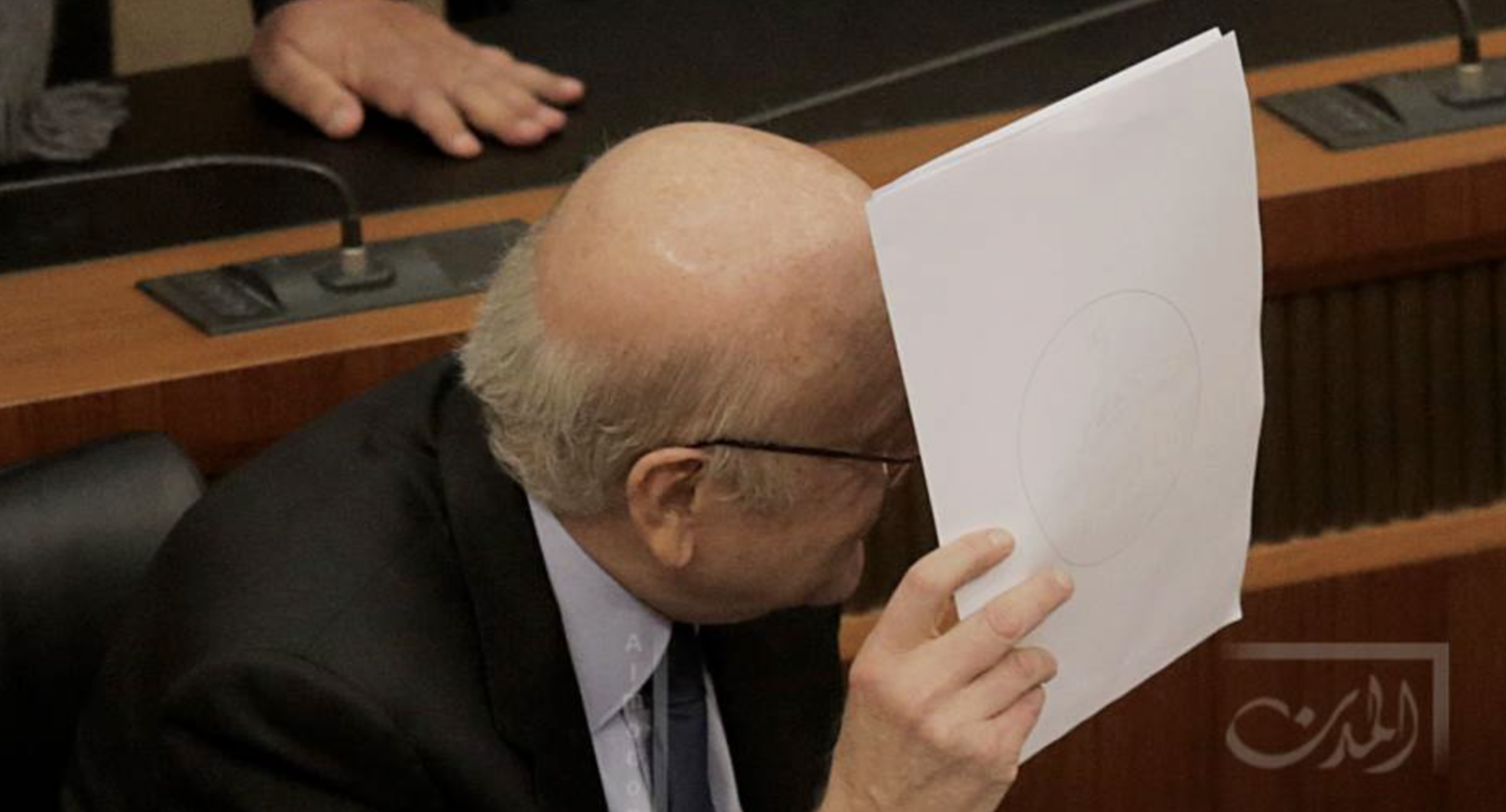
The Head of the Network
Documents indicate that Mikati owns an offshore company in Panama called Hessville, through which he purchased a property in Monaco valued at €7 million, allegedly using offshore structures to evade taxes.
In 1994, the telecommunications companies LibanCELL and Cellis, in which the Mikati brothers held shares, were awarded BOT (build-operate-transfer) contracts. Five years later, accusations of underreporting surfaced, reportedly depriving the state treasury of hundreds of millions of dollars. At the time, the government imposed a $600 million fine, but through mediation by then-President Emile Lahoud and Prime Minister Rafic Hariri, the case was referred to international arbitration, resulting in a payment of only $100 million.
Today, with Najib Mikati under the scrutiny of the French judiciary, Sherpa’s anti-financial crime lawyers William Bourdon and Vincent Brenguarth believe the case extends far beyond just the Mikati family.
“Faced with attempts by system insiders to undermine the process initiated by courageous public officials, this decision brings new hope to the Lebanese people,” said Bourdon.
He added that France’s National Financial Prosecutor’s Office (PNF) is paying particular attention to the semi-systematic use by the Mikati family of offshore companies, often in coordination with other networks.
Bourdon emphasized that no one can doubt the strength and quality of the evidence against Najib Mikati, provided by Sherpa and its associates, calling it strong enough to surpass mere suspicions and justify a formal investigation.
Investigations, already handled by the team responsible for the Riad Salameh case, could reveal links between Salameh and Mikati, illicit financial flows, services rendered, and deliberate abuse of authority.
“This new step in legal proceedings is extremely significant because it shows that Riad Salameh did not act alone; he had a wide network of bankers and corrupt politicians collaborating to enrich themselves at the expense of the people,” Lebanese journalist Samir Assi told Al-Estiklal.
“That’s why the French judiciary opened an investigation, revealing a network of officials who enabled this corruption.”
“The case against Najib Mikati opens the door, with new evidence, to trace the origins of wealth among Beirut politicians and to uncover the network of collaborators and how funds were transferred from Lebanese banks abroad,” Assi added.
The journalist predicted that “the names associated with this corruption ring in Lebanon will expand,” adding, “New individuals will be accused as the investigation now targets a high-level political figure who recently held power.”
The probe into Mikati initially began in Monaco, before he publicly claimed on August 25, 2023, that a three-year investigation into him and his family had ended due to insufficient evidence.
According to the Lebanese outlet Nida al-Watan, Lebanese judges previously thwarted prosecution against Mikati “under flimsy legal pretexts to protect the powerful, as always, at the expense of the law.”
In a report by Lebanese channel al-Jadeed on the French investigation, the outlet noted, “Attention now turns to the Lebanese judiciary, which faces a true test: either cooperate with the French investigation or risk being accused of covering up corruption.”
Human rights organizations warned that inaction by Lebanese courts could constitute complicity, exacting a heavy price on Lebanon as it desperately seeks international support.




